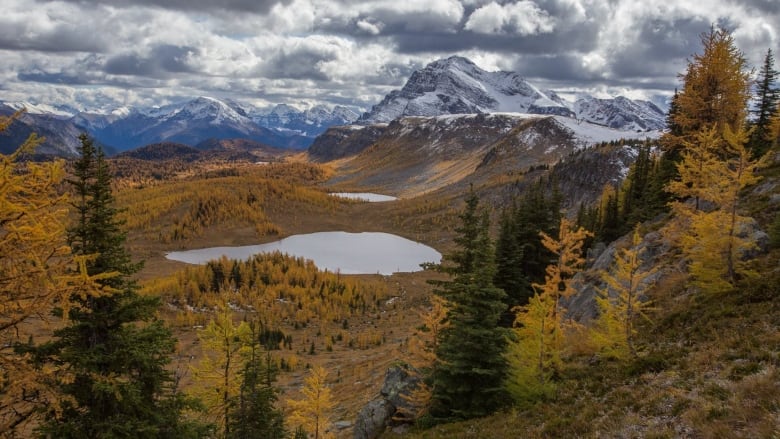SOURCE: CBC News
DATE: February 12, 2019
SNIP: You might have heard that Canada’s forests are an immense carbon sink, sucking up all sorts of CO2 — more than we produce — so we don’t have to worry about our greenhouse gas emissions.
This would be convenient for our country, if it were real. Hitting our emissions-reduction targets would be a breeze. But, like most things that sound too good to be true, this one is false.
That’s because trees don’t just absorb carbon when they grow, they emit it when they die and decompose, or burn.
When you add up both the absorption and emission, Canada’s forests haven’t been a net carbon sink since 2001. Due largely to forest fires and insect infestations, the trees have actually added to our country’s greenhouse gas emissions for each of the past 15 years on record.
Canada emits roughly 700 megatonnes of CO2 each year.
This does not include any impacts from forests or other parts of our landscape, such as wetlands and farmland. Canada has historically excluded land-use-related emissions and absorptions in its official accounting, and with good reason, if the goal is to reduce emissions on paper.
That’s because our trees, in particular, have actually hurt our bottom line.
For the past 15 years, they’ve been “more of a source than a sink,” said Dominique Blain, a director in the science and technology branch of Environment and Climate Change Canada.

